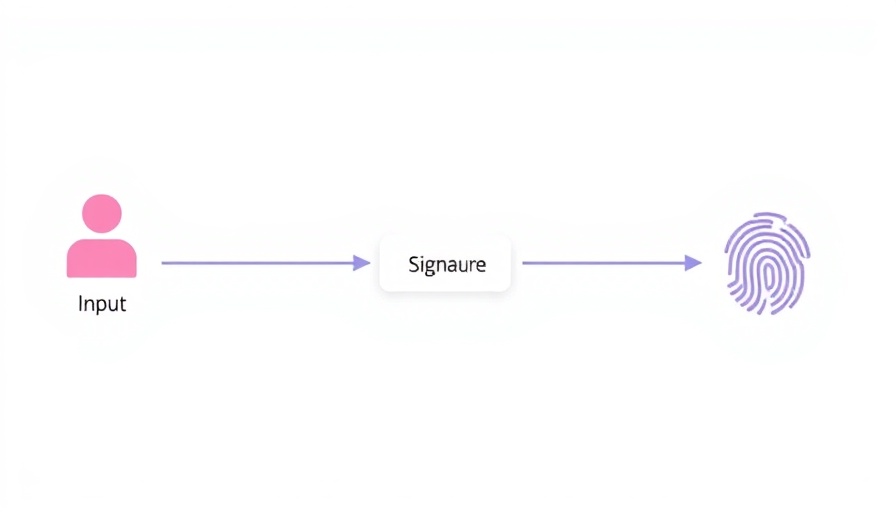
Analyzing the Future of Individual Identification
The rapidly advancing world of technology often leaves us in the balance between innovation and our fundamental right to privacy. The newest player in this arena is a system developed by researchers at La Sapienza University in Rome, known as WhoFi. This technology claims to identify individuals uniquely by analyzing their interaction with Wi-Fi signals rather than relying on traditional biometric methods such as facial recognition or fingerprints.
How WhoFi Works
WhoFi taps into Channel State Information (CSI), which measures the alterations in Wi-Fi signals caused by human presence. A deep neural network then interprets these changes, assigning a unique 'fingerprint' to each individual detected. What’s astonishing about WhoFi is that it claims a remarkable 95.5% identification accuracy, even in varying environmental conditions. Importantly, it does this without the need for any visual data or direct contact with individuals.
The Ethical Dilemma of Surveillance
While WhoFi presents innovative possibilities, it raises significant questions about privacy and tracking. The lack of visual identification means people can be monitored without their consent or awareness. This may lead to the unintentional revelation of a person's daily habits and patterns, contributing to a climate of surveillance that many find concerning.
Contemporary Examples of Wireless Surveillance
WhoFi isn’t alone in the realm of Wi-Fi-based tracking technologies. Various systems have emerged that veer into the territory of personal surveillance. For instance, Comcast’s Xfinity service effectively turns smart devices into motion detectors, all while raising eyebrows about household privacy. Additionally, researchers at UC Santa Barbara and Carnegie Mellon have explored methods of using Wi-Fi to visualize objects through walls, highlighting the extensive capabilities of this technology.
The Future of Tracking Technology
Despite its capabilities, WhoFi remains an academic project at present, with no formal plans for rollout. However, the looming prospect of its potential government and commercial use beckons. As surveillance technologies become ever more sophisticated, society must engage in conversations about the implications of these innovations and the importance of prioritizing privacy.
Reflection on Data Privacy
The development of WhoFi and similar technologies serves as a reminder of our need to advocate for digital privacy. As tools for personal identification become more accessible, understanding how they work and their ramifications is crucial for safeguarding our rights. Being aware and vocal about these technologies can help shape their application in ways that benefit society while respecting individual freedoms.
 Add Row
Add Row  Add
Add 




Write A Comment